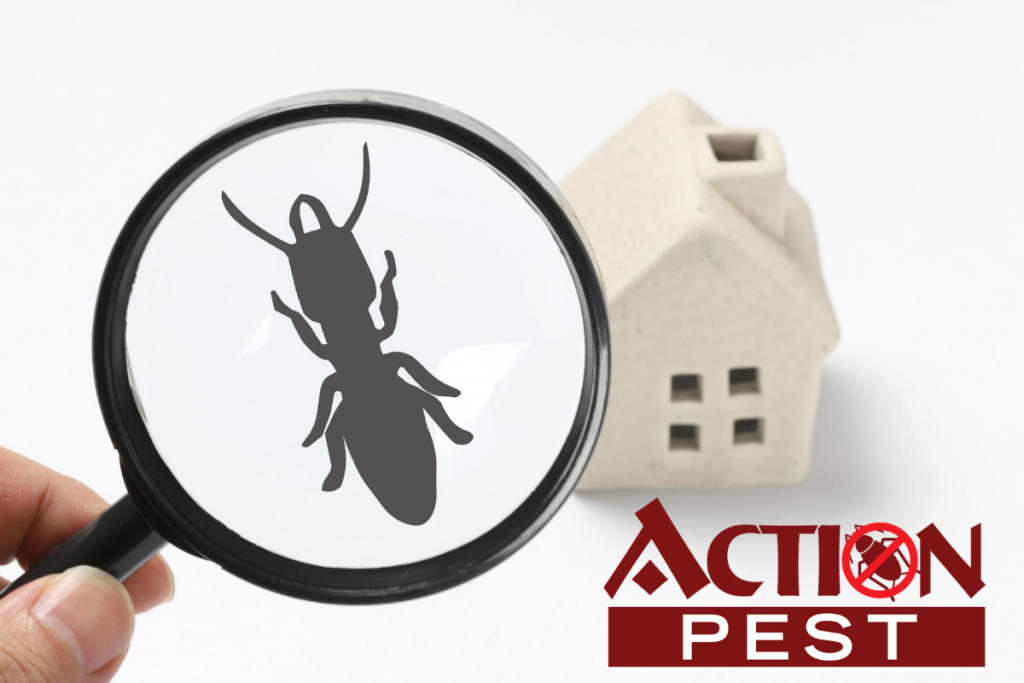Reliable Pest Control Coquitlam BC: Your Local Experts in Pest Management
Reliable Pest Control Coquitlam BC: Your Local Experts in Pest Management
Blog Article
Safe and Reliable Bug Control for Lasting Security
Effective pest monitoring needs a multifaceted approach that balances ecological integrity with the demand for reliable parasite reductions. The nuances of these methods might not be quickly clear, motivating a better evaluation of the methods that can lead to sustainable pest control outcomes.
Understanding Pest Control Methods
Parasite control includes a variety of approaches focused on handling and eradicating unwanted pests and rats that can threaten both wellness and residential or commercial property. Understanding these approaches is vital for efficient pest management.
The key classifications of pest control techniques include mechanical, biological, and chemical techniques. Mechanical methods include physical barriers and traps to stop insect entrance and capture undesirable types. For circumstances, utilizing displays on windows or employing sticky catches can considerably lower insect populaces without presenting unsafe materials.

Chemical bug control is usually the most acknowledged approach, making use of pesticides to get rid of insects. These chemicals can be efficient however must be utilized with caution to prevent adverse impacts on non-target types and the setting.
Advantages of Eco-Friendly Solutions
Just how can environmentally friendly options change insect control methods? The fostering of eco-friendly bug control methods uses numerous benefits, dramatically enhancing the efficiency and safety of bug administration.

An additional advantage is the favorable influence on neighborhood biodiversity. Environmentally friendly options are created to target particular insects while protecting beneficial insects and wildlife, promoting a well balanced ecological community. This strategy lines up with the expanding consumer need for sustainable practices, enhancing the credibility of bug control companies.
Integrated Bug Administration Approaches
The implementation of environment-friendly options naturally causes the fostering of Integrated Parasite Monitoring (IPM) approaches, which better boost parasite control efficacy. IPM is an alternative method that combines multiple tactics to take care of parasite populations while decreasing ecological influence. This method highlights making use of biological, social, mechanical, and chemical controls, making certain a sustainable and well balanced technique of insect management.
One essential element of IPM is the complete evaluation of pest task and environmental problems. By monitoring pest populations and identifying their life process, experts can implement targeted treatments that disrupt the insect's environment or lifecycle, minimizing dependence on chemical pesticides. Additionally, cultural methods such as crop turning and habitat adjustment can significantly decrease parasite establishment and recreation.
One more important element is making use of organic control agents, such as beneficial bugs or microorganisms, which can naturally subdue parasite populations. When chemical applications are needed, IPM prioritizes using low-risk pesticides and uses them selectively, decreasing exposure to non-target microorganisms and humans.
Incorporating IPM strategies not only boosts parasite control efficiency but likewise promotes a safer environment, aligning with the growing need for sustainable methods in parasite management.
Safe Practices for House Owners
Recognizing the importance of safe practices in parasite control can encourage property owners to properly manage insect problems while protecting their wellness and the setting. Implementing non-toxic techniques and safety nets is essential in decreasing direct exposure to harmful chemicals.
Home owners need to initially examine their atmosphere for conditions that attract parasites, such as standing clutter, water, and food waste. On a regular basis cleansing and sealing entry factors can prevent insects from invading the home. Making use of natural deterrents, such as necessary oils or diatomaceous earth, can offer reliable alternatives to chemical pesticides.
When chemical therapies are required, property owners should select items that are specifically classified as risk-free for domestic usage. It is important to comply with application guidelines thoroughly to avoid too much exposure. Using targeted therapies in locations where parasites are determined, instead than blanket splashing, can significantly lower chemical usage.
Last but not least, maintaining open interaction with bug control experts is vital. Home owners ought to make more info here inquiries about the security of items utilized and demand environment-friendly options whenever possible. By embracing these secure practices, homeowners can develop a healthier living atmosphere while effectively managing bug problems.

Tips for Long-Term Protection
Establishing a bug monitoring strategy that highlights long-lasting protection can significantly improve the performance of the secure techniques previously gone over. To achieve this, property owners ought to apply normal inspections of their residential property, concentrating on hidden locations such as attic rooms, cellars, and crawl areas. Early discovery of bug activity is essential in stopping invasions from holding.
Furthermore, preserving a clean atmosphere is important. This consists of proper food storage, promptly cleaning spills, and consistently dealing with rubbish. These techniques minimize attractants that attract bugs into the home. Sealing access factors, such as cracks around windows and doors, can successfully block potential parasite gain access to.
Landscape design should additionally be taken into consideration; keeping plants trimmed and maintaining a range between plant life and the home reduces concealing areas for parasites. Using natural deterrents, such as important oils or diatomaceous planet, can even more inhibit infestations without resorting to rough chemicals.
Finally, collaborating with a specialist pest control solution for routine examinations can provide an additional layer of security. These professionals can offer tailored referrals and advanced treatments, making certain that your home remains secured versus insects in the lengthy term.
Conclusion
Finally, secure and trusted pest control needs a complex strategy that emphasizes eco-friendly methods and integrated insect monitoring. By applying natural deterrents, conducting routine examinations, and maintaining proper hygiene, property owners can considerably minimize bug populaces while shielding valuable pests and the atmosphere. Partnership with expert parasite control services improves the efficiency of these approaches, making certain tailored services that supply enduring protection and comfort against future infestations.
Effective insect monitoring needs a multifaceted method that visit the website balances eco-friendly stability with the requirement for reliable parasite reductions. The adoption of green bug control techniques supplies countless advantages, dramatically boosting the efficiency and safety of pest monitoring.The application of environmentally friendly services naturally leads to the fostering of Integrated Insect this article Management (IPM) approaches, which additionally improve pest control efficiency. exterminator coquitlam. By checking bug populaces and determining their life cycles, practitioners can apply targeted interventions that disrupt the parasite's habitat or lifecycle, reducing reliance on chemical pesticides.In conclusion, dependable and secure parasite control calls for a multifaceted strategy that emphasizes environment-friendly methods and incorporated insect monitoring
Report this page